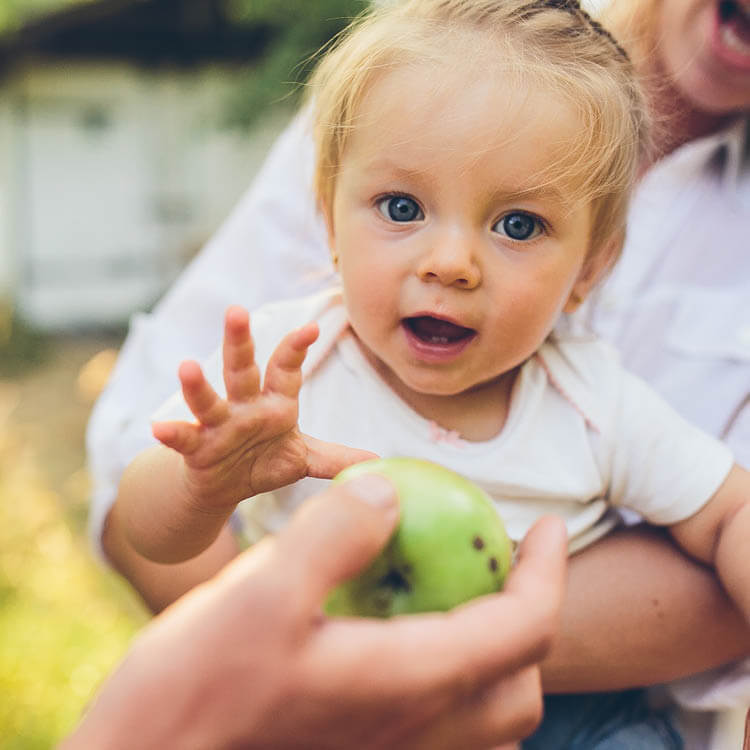Search

Meningococcal disease is caused by the bacteria Neisseria meningitidis, or 'meningococcus'. It's an uncommon but very serious disease that can result in death.
The Wesfarmers Centre is pleased to announce the successful recipients for the 2021 Round 2 Seed Funding Grants. Julie Hibbert | Validating a

Research
The STAMP RSV ProgramSTAMP RSV is a multifaceted program of work with the single focus to prepare the community for the uptake of new and emerging RSV immunisation strategies by providing the evidence to inform public health policy.
Research
COVID-19 and changes in the National Immunisation Program: a unique opportunity to optimise the Australian Immunisation Register (AIR)Christopher Blyth MBBS (Hons) DCH FRACP FRCPA PhD Centre Head, Wesfarmers Centre of Vaccines and Infectious Diseases; Co-Head, Infectious Diseases
Research
Standardization of Epidemiological Surveillance of Acute Rheumatic FeverAcute rheumatic fever (ARF) is a multiorgan inflammatory disorder that results from the body's autoimmune response to pharyngitis or a skin infection caused by Streptococcus pyogenes (Strep A). Acute rheumatic fever mainly affects those in low- and middle-income nations, as well as in indigenous populations in wealthy nations, where initial Strep A infections may go undetected.
Research
Assessing the utility of routine viral surveillance performed in children undergoing autologous stem cell transplantation at a single centreWe assessed the utility of routine viral surveillance for cytomegalovirus, Epstein–Barr virus and human adenovirus in children <16 years, undergoing autologous stem cell transplantation (ASCT) at a single centre over a 10-year period. A total of 85 ASCT were performed in 65 patients.
Research
B cell epitope mapping: The journey to better vaccines and therapeutic antibodiesB-cell epitope mapping is an approach that can identify and characterise specific antigen binding sites of B-cell receptors and secreted antibodies. The ability to determine the antigenic clusters of amino acids bound by B-cell clones provides unprecedented detail that will aid in developing novel and effective vaccine targets and therapeutic antibodies for various diseases.
Research
Effect of a campaign with oral polio vaccine on general health: A cluster-randomised trial in rural Guinea-BissauObjectives: To investigate in a cluster-randomised trial whether a campaign with oral polio vaccine (C-OPV) reduced mortality and morbidity.
Research
Research priorities for the primordial prevention of acute rheumatic fever and rheumatic heart disease by modifying the social determinants of healthThe social determinants of health such as access to income, education, housing and healthcare, strongly shape the occurrence of acute rheumatic fever and rheumatic heart disease at the household, community and national levels.
Research
Superior immunogenicity of mRNA over adenoviral vectored COVID-19 vaccines reflects B cell dynamics independent of anti-vector immunity: Implications for future pandemic vaccinesBoth vector and mRNA vaccines were an important part of the response to the COVID-19 pandemic and may be required in future outbreaks and pandemics. The aim of this study was to validate whether immunogenicity differs for adenoviral vectored (AdV) versus mRNA vaccines against SARS-CoV-2, and to investigate how anti-vector immunity and B cell dynamics modulate immunogenicity.
